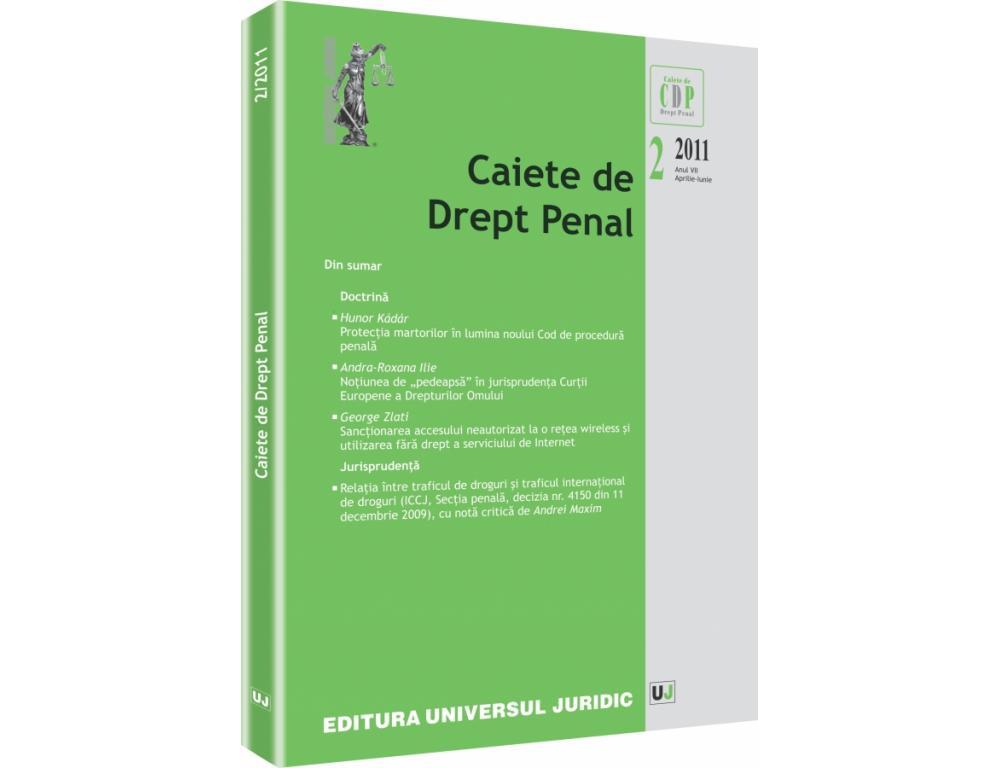Inselaciunea si traficul de influenta. Delimitari
Fraud and Trading in Influence. Legal Borderlines
Author(s): Mirela-Carmen DobrilăSubject(s): Law, Constitution, Jurisprudence, Civil Law
Published by: Universul Juridic
Keywords: fraud; trading in influence; nature of influence; public officer; social value; material damage; good-faith;
Summary/Abstract: Although the contents of fraud and trading in influence have been clearly provided by the legal definitions, some confusions that occur in practice call again for a set of criteria aimed at distinguishing between these offences. In analysing the differences between fraud and trading in influence, the main criterion used to distinguish them is the nature of the influence exerted on the public officer, but, besides this aspect, legal experts should also envisage the distinctions deriving from the different social value protected by the law in each case. Another difference consists of the fact that, while fraud is an offence which implies material damage as an essential requirement, trading in influence is only likely to lead to a state of danger, therefore it is not conditioned by any material damage, but only by some misconduct that affects the reputation and impartiality of public officers. A further distinction between the said offences is that in case of fraud, the defrauded person is of good-faith, while the defrauder induces the person to act to their injury, whereas in case of trading in influence, the influence peddler is a person of bad-faith, being aware that, by his act, he will discredit the public officer he exerts influence on. Moreover, the actus reus of the two offences is different, by that fraud is not possible without an alteration of truth, while trading in influence may occur in the absence of a distorted reality, i.e. when the influence pretended by the offender is real. However, even where a person were induced to believe a distorted reality, in case the offender has no actual influence on a public officer, thus succeeding to obtain a valuable consideration for himself, the offence thus committed will not be fraud, since the actus reus here-above is specific for the trading in influence.
Journal: Caiete de drept penal
- Issue Year: 2011
- Issue No: 02
- Page Range: 119-130
- Page Count: 12
- Language: Romanian
- Content File-PDF

